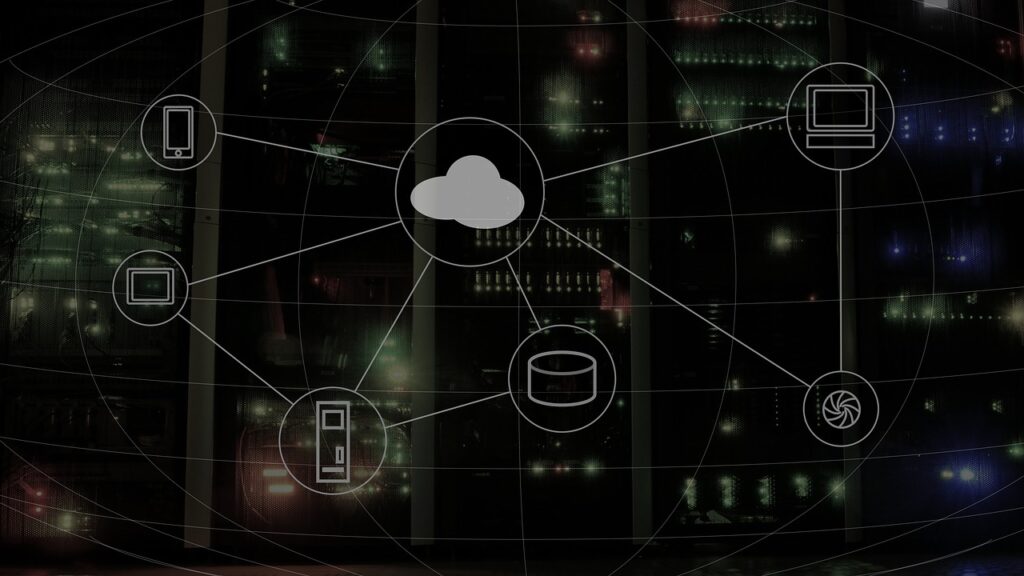The cloud is considered a cornerstone of the future technological landscape. Midway through the 2010s, the cloud became the de facto location for most if not all infrastructure, data center, hosting, SaaS, security operations, and architectural application needs.

This freed both IT and business personnel to focus on utilizing technology to improve areas like operations, customer service, research and development, supply chain management, and more. Around 92 percent of companies in the world now use Cloud-based products in the changing IT sphere to take a step forward from the conventional infrastructure.
To provide a unified approach to administration, cloud management makes use of a number of distinct software programs and technologies. Moving further away from the traditional approach the demands for organized cloud administration procedures are growing as more and more IT departments adopt the infrastructure-as-a-service (IaaS) model.
Let’s take a look at how cloud management emerged to dominate the traditional IT Infrastructure in some major points below.
Clár ábhair
Enabling Compliance and Security

When it comes to using the cloud, it’s important to be sure you’re following all of the rules set out by your industry as well as any applicable regional, national, or international regulations. This can be ideally done with cloud management which also improves security.
Monitoring services in many cloud-based tools alert you to settings changes and security breaches, boosting compliance. These active management areas improve security and eliminate human error in compliance reporting.
Efficiency in managing several clouds and also customer support may be greatly improved with the use of the aforementioned technologies and User Provisioning Software. User provisioning allows IT departments to track and monitor which devices, users, and locations are being accessed. This reduces security threats and safeguards sensitive data.
Data Loss Prevention
Cloud data loss prevention, often known as DLP, protects an organization’s sensitive or essential data from being accidentally disclosed, as well as against cyber assaults and threats from inside the organization. Cloud management and data loss prevention systems monitor and safeguard private information stored in cloud-based SaaS and IaaS programs.
Improved Cost-Management
To assist you to get a clear view of how and when your resources are being utilized, cloud management offers cost management, analytics, and forecasting. This may help you better distribute resources, see whether you’re getting value from your spending, and cut down on waste.
Thairis sin, workloads may be moved between both public and private clouds with the help of cloud management software keeping tabs on performance and costs
Remote Access

One of the most attractive features of cloud management is the ease with which information can be accessed from anywhere in the globe. Data stored in the cloud is accessible from any computer or mobile device with an internet connection, such as a smartphone or tablet. With all of their data and information saved in one convenient spot, businesses can better serve their customers.
Easy Scaling
The scalability of the cloud refers to its capacity to take on more work without straining the underlying resources. For a firm to get the benefits of cloud deployment, the cloud must be scalable. The idea behind this design is that as a cloud system grows, it must be able to accommodate increasingly complex applications without compromising on performance.
With using the cloud, management software, conventional ways have taken a back seat and it is easier for firms to scale their resources without affecting output.
Conclúid
To say that cloud-based tools left the conventional ways behind would not be an understatement. Cloyd management worked its way to offering better data security and compliance along with cost-effectiveness which is a big plus.
With numerous benefits, it has taken the lead to provide a more modern business system approach and customer handling in an effective way.